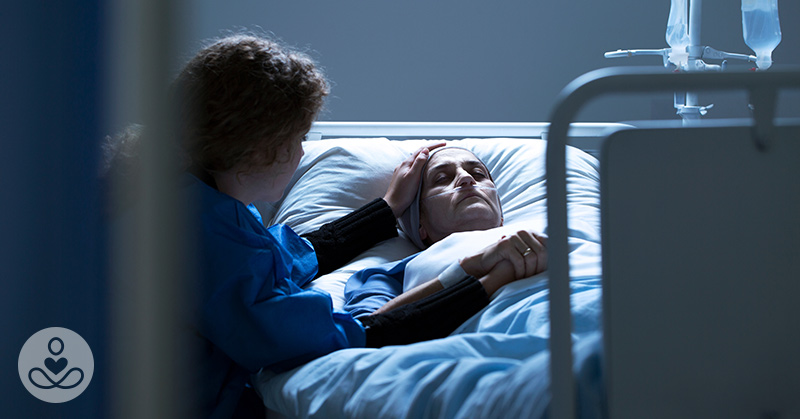Unless you’re an immortal jellyfish, death will play an inevitable role in your life. And although loss and dying have always been a part of human existence, it seems none of us have ever quite gotten used to it. Misconceptions abound about the process of dying, especially as it relates to the death of a loved one. But addressing the reality of death, instead of trying to ignore it or delay it, can help make the most of the time you share.
Myth #1: I should always stay positive for the sake of my loved ones.
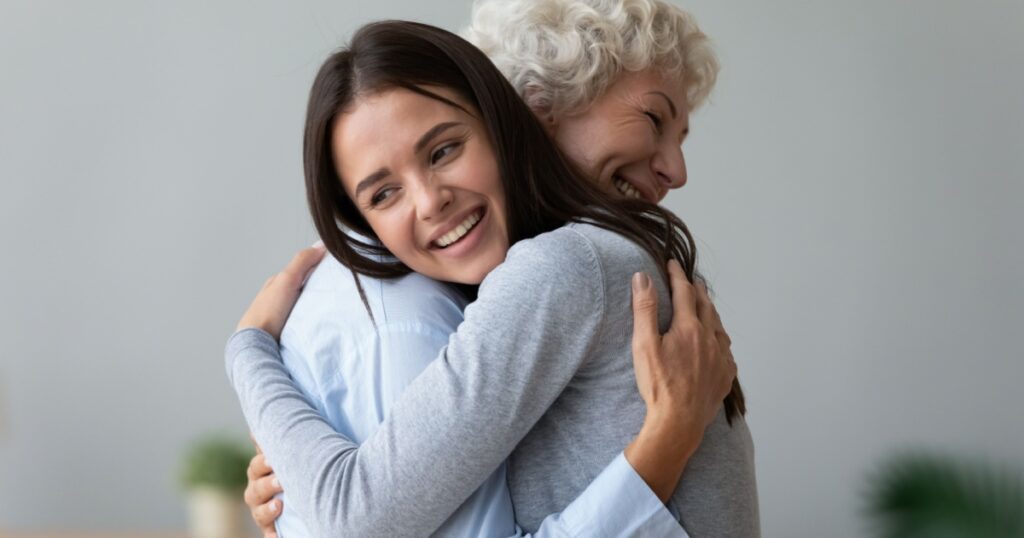
While nobody knows when their time will come, having a life-threatening diagnosis gives people the opportunity to prepare for the future in their own ways. Many family members and friends might be tempted to put on a brave face for the sake of their loved one, but this is unnecessary – and can be harmful to both parties. According to Dr. Marilyn A. Mendoza, a psychologist specializing in bereavement, “Death is an emotional situation. It does make us sad, and crying is a normal, natural thing to do. It is an honest expression of our feelings. Not everyone cries when they are sad, but if you are someone who does, being with someone who is dying is certainly the time to do so. After all, it is an indication of your caring. ” (1) Moreover, it’s important to allow room for your loved one to feel free to share their own feelings, both the positive and the negative.
Read More: Chronically Ill Man Releases Audio of Hospital Staff Offering Assisted Death
Myth #2: I should make sure my loved one eats, drinks, and sleeps as normal.
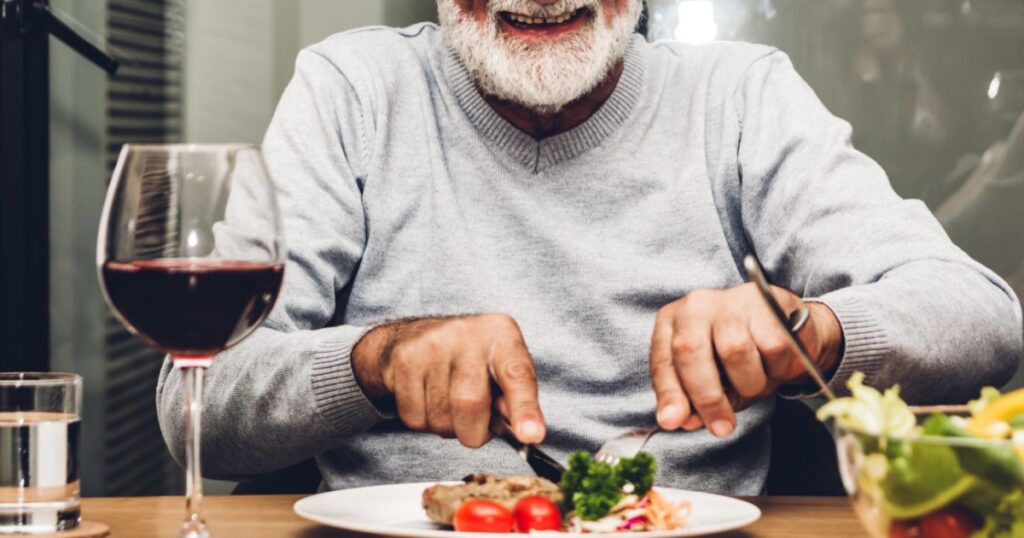
“People worry that their loved one is sleeping too much or not eating or drinking and that they need to address that,” says Dr. Mendoza. “At the end of life, people do sleep a lot as their energy decreases. Not eating or drinking is also a normal and natural response to the body’s preparation for death. The body has less need for these things.” (1) Towards the end of the time you’ll share together, don’t worry as much about keeping the same routine. Instead, focus on ensuring your loved one is comfortable.
Myth #3: I need to prolong my loved one’s life as much as possible.
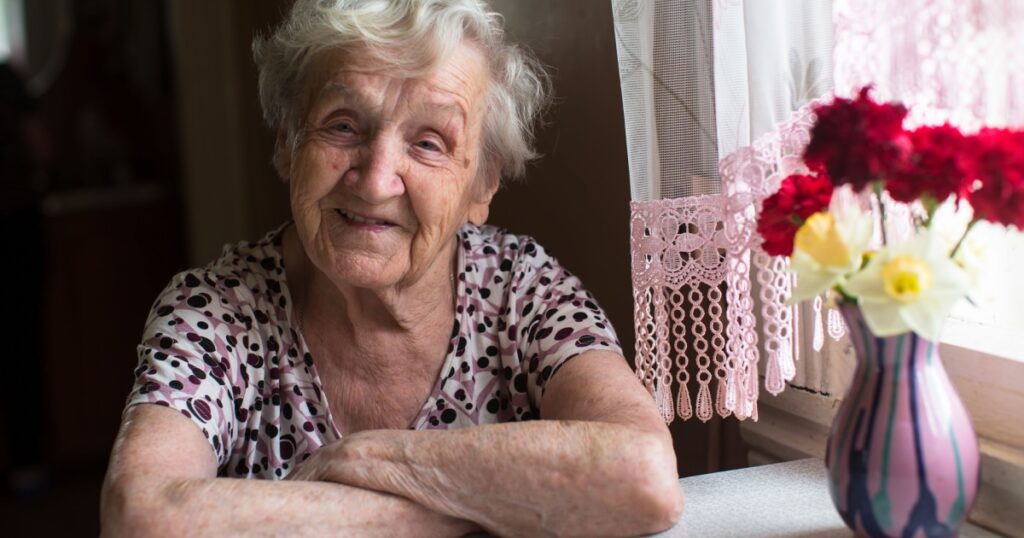
“There are cases where people have been resuscitated against better medical judgment because family members have become angry and insisted,” said Australian writer, Sarah Winch to Medical Xpress. “The outcome is usually poor, with admission to the intensive care unit, and life support withdrawn at a later date. In these cases, we have merely intervened in the dying process, making it longer and more unpleasant than it needs to be…We are prolonging, not curing death and it can be unkind – not just for those sitting at the bedside.” (2)
Read More: The Gastric Protector Known as Omeprazole Increases Your Risk of Death
Myth #4: It’s important to limit the use of painkillers to keep my loved one healthy.
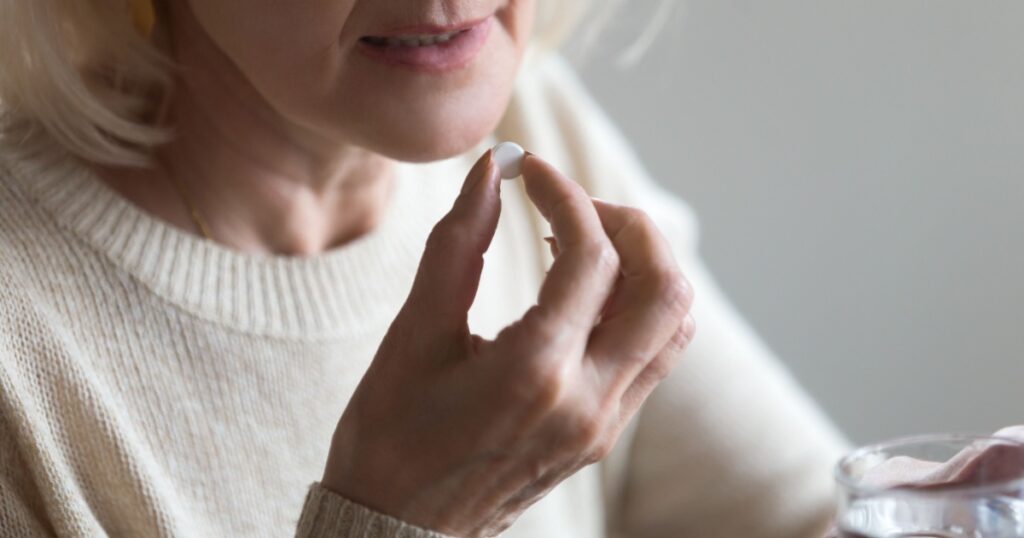
For many palliative care patients, increased use of painkillers including morphine can help to make life more comfortable and easier to navigate. There’s a common misconception that painkillers are used to speed up the process of dying, but this is simply not the case. “Pain is not always a part of dying. If pain is experienced near end of life, there are many ways it can be alleviated. Appropriate doses of morphine keep patients comfortable but do not hasten death. ” (3)
Myth #5: If I seek help to care for my loved one, I’m a failure.
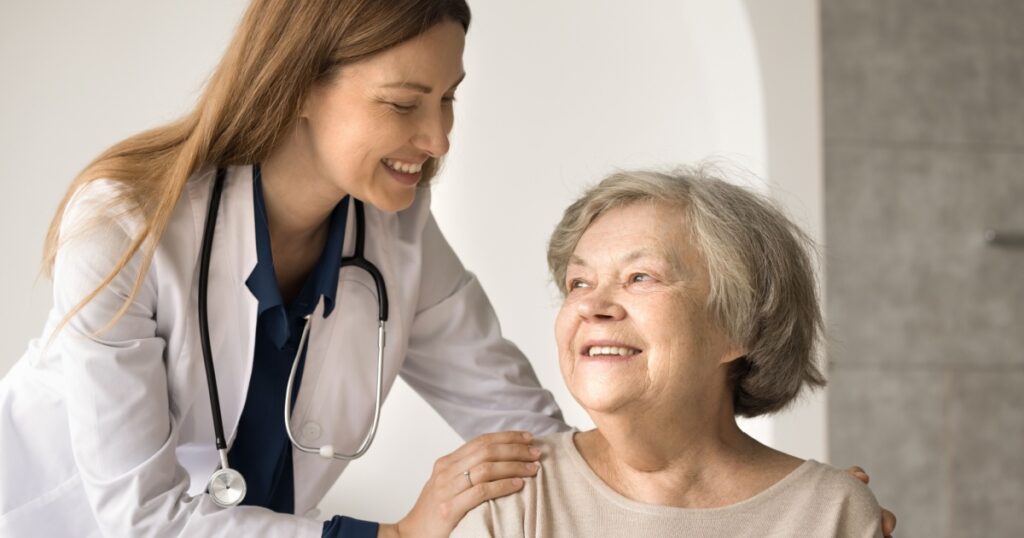
“Sometimes the needs of the patient exceed what can be provided at home despite best efforts. Ensuring that the best care is delivered, regardless of setting, is not a failure.” (3) While passing away at home is the preferred option for some, it is costly and can be logistically complicated. Visiting a loved one in the hospital or palliative care center can make for an overall easier experience. Many people also have a great deal of anxiety about being at the bedside of a loved one as they pass away. The truth is, nobody has control over the time and place. If you happen to be out of the room or caring for your own needs at home when your loved one dies, there’s no need to feel guilty.
Read More: Woman Issues Warning After Husband’s Death Linked To Drinking One Energy Drink A Day
